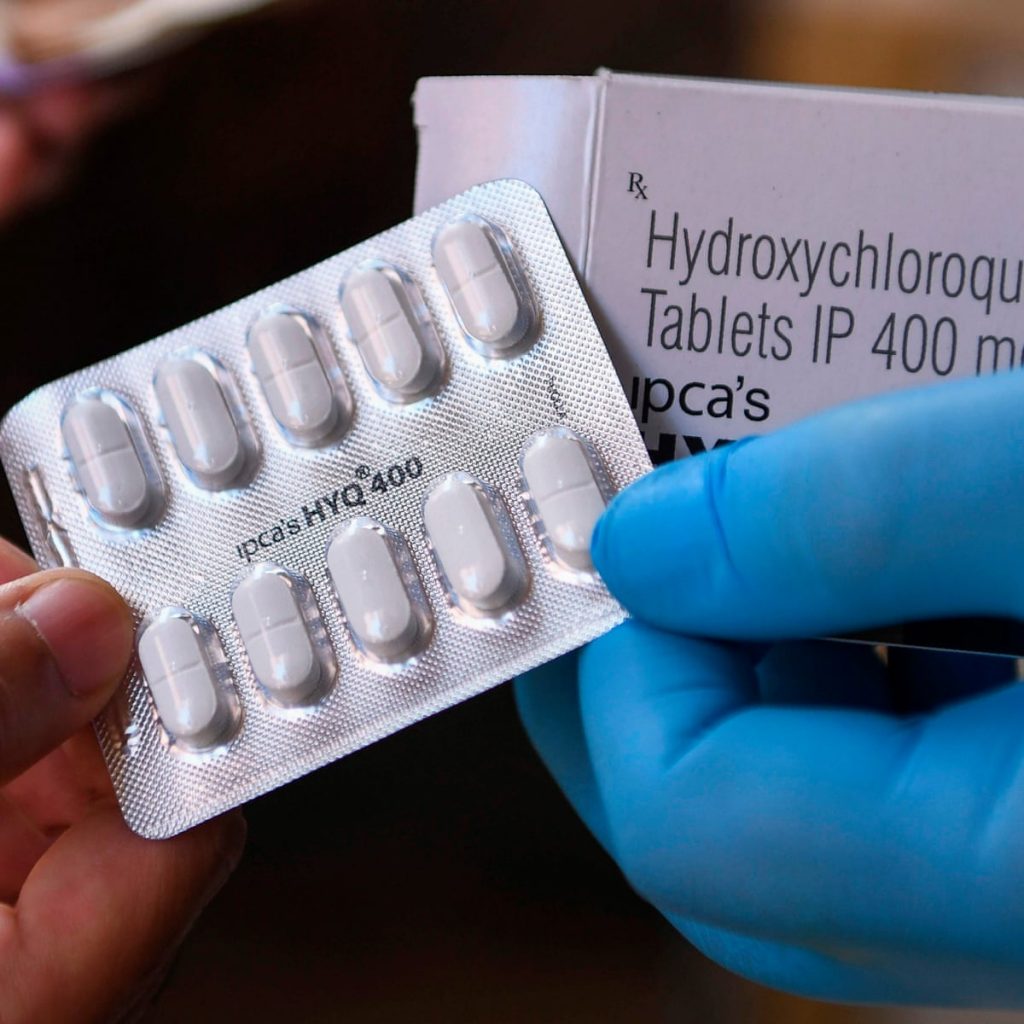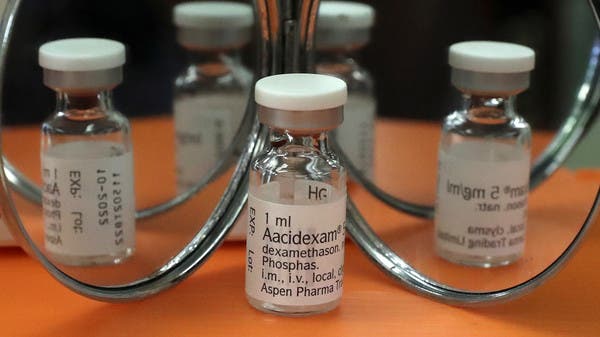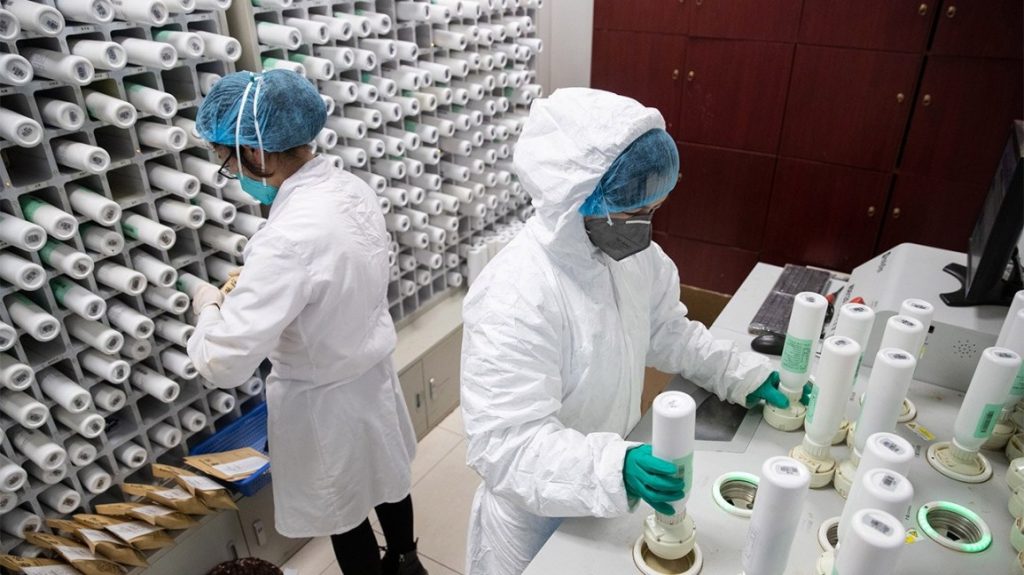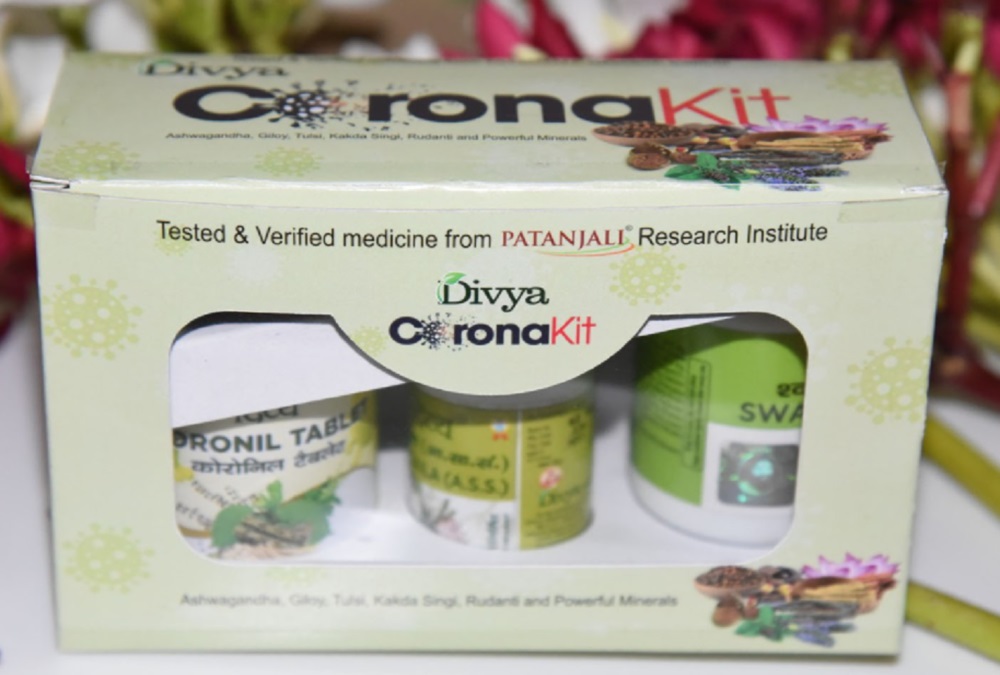The mysterious coronavirus outbreak in the Chinese city Wuhan, now termed as COVID-19, and its fast spread to many other countries, endangers thousands of lives. The pandemic has catalysed the development of novel coronavirus vaccines across the biotech industry, both by pharmaceutical companies and research organisations such as the National Institutes of Health (NIH), US. The first COVID-19 vaccine in China is expected to be ready for clinical trials by the end of April, according to Xu Nanping, China’s vice-minister of science and technology. Inovio Pharmaceuticals plans to begin clinical trials on a coronavirus vaccine in April this year.
Coronavirus Facts: Medicine and Treatment
While some medications can alleviate COVID-19 symptoms, the fact is there is no medicine for coronavirus that can offer a cure at this time.
Meanwhile, researchers are studying which drugs work best — and in which patients — while trying to develop new treatments and a vaccine for novel coronavirus disease (COVID-19). People should not take any medicine that is experimental unless a doctor has prescribed it to them as part of a clinical trial.
The Facts About Coronavirus
While there are a lot of coronavirus myths floating around about what medications work for it, we have compiled the facts here and will update it as doctors and researchers gather more evidence about what works best.
Fact: If you have coronavirus, you might not need any medicine at all.
Those treating mild symptoms at home can take acetaminophen to reduce fever if they are very uncomfortable, but this will not shorten the disease or ease respiratory symptoms.
Concerns have been raised that nonsteroidal anti-inflammatory drugs (NSAIDs) such as ibuprofen (Advil) and naproxen (Aleve) might make COVID-19 symptoms worse.
Although the evidence is not clear, NSAIDs do not offer any benefit in recovering from COVID-19 and should be avoided until more is known. If you are taking ibuprofen or another NSAID for chronic pain or any other reason, you should talk to your doctor — particularly if you suspect you have coronavirus.
Fact: There is no single medicine to successfully treat COVID-19.
For mild cases, physicians are prescribing rest a home and plenty of liquids such as water, broth and juice.
For serious cases needing hospitalization, physicians will tailor the treatment to each patient, with therapies to support the patient’s ability to breathe and fight off further infection, while the patient’s immune system fights the virus.
Fact: Those with serious illness and/or trouble breathing should seek medical care.
Because the recommended over-the-counter medications do not treat respiratory symptoms, people experiencing trouble breathing should seek medical care, rather than trying to self-medicate.
There may not be one treatment that works for everyone who has severe respiratory symptoms, and doctors treating patients in the hospital are focused on helping patients to keep breathing.


















10 Comments
Comments are closed.